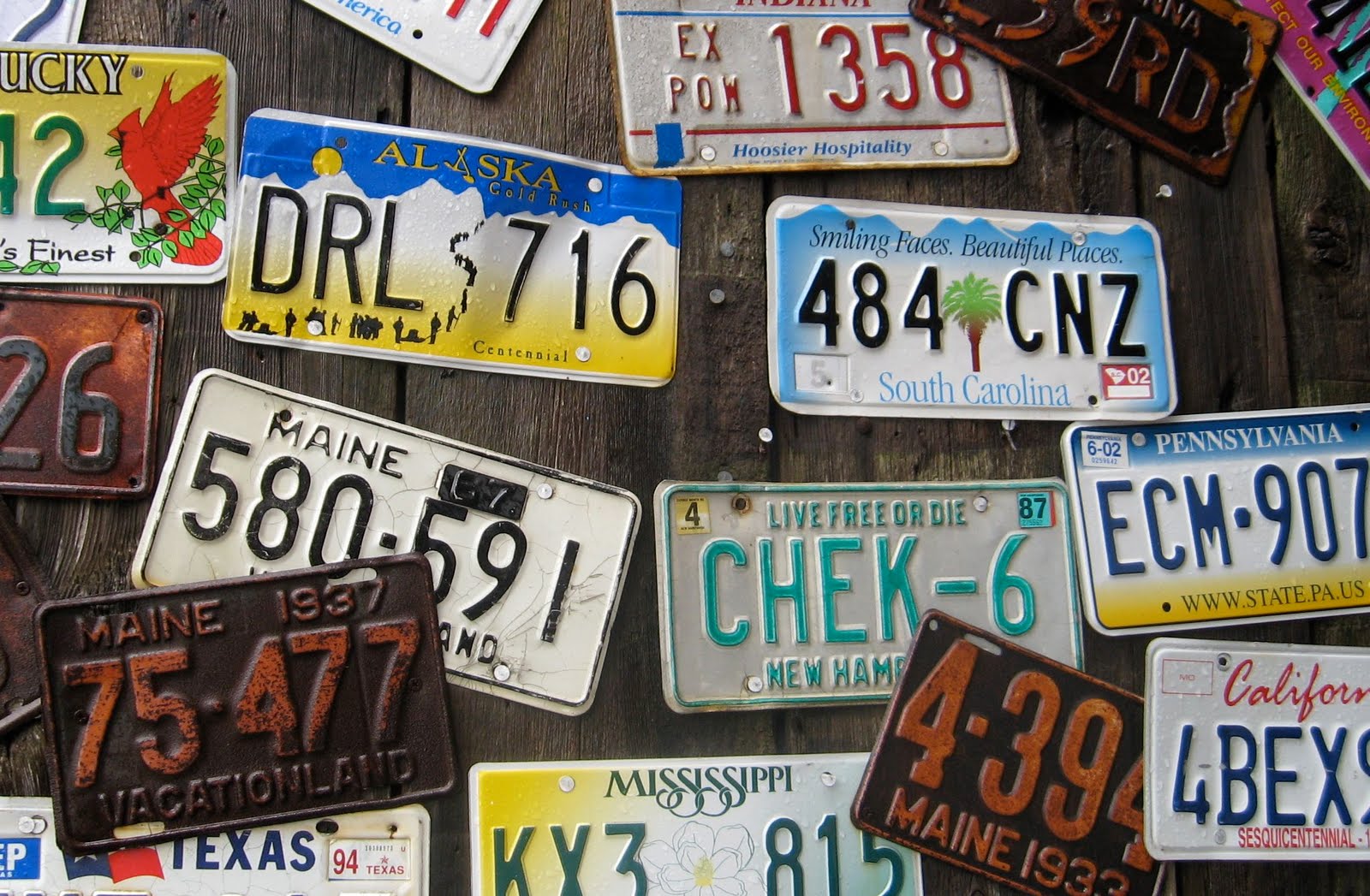 |
| The LitterBug Campaign was successful in enraging a generation of Toys R' Us Kids. |
As a child, my cousins and I were inundated with commercials about litterbugs. We’d see someone toss a cigarette butt out a car window, and that was it. We’d demand our parents chase them down so that we could accuse them of high treason against mother earth with our shrill cries of LITTERBUG!!! Even today when I see someone toss a McDonald’s bag out the car window, I feel a wave of disdain overtake me (Then again, if someone is trashing their own innards with McDonald’s, of course they are more likely to trash the outside world). I don’t chase them down, but I boil inside and wish I were some sort of enviro- caped crusader (or a cop able to write hefty littering tickets. No speeding tickets on my watch. I’d just fine all the LITTERBUGS out of existence!). Of course, there’s nothing to be done, so I take comfort in the fact that I reuse; I recycle. In California, most of my neighbors do as well.
Here’s the problem with recycling. The Story of Stuff: Plastic Bottles (below) explains that most of what we recycle is downcycled, which is to say, our plastic bottles are not made into plastic bottles; they are made into objects of lesser quality and functionality. Worse, our recyclables are usually sent to China or India on barges, a giant carbon footprint for questionable eco-output. What can’t be downcycled just becomes landfill material in another country; out of sight, out of mind.
When I was a Peace Corps Volunteer in Benin, I saw how resourceful people could be if necessity demands it. Every plastic bottle was reused, and most beverages came in glass bottles. After use, these bottles went back to the manufacturer, got sanitized, refilled, and put back into circulation. Such a sane model! The problem is, as we increase scale and consumption, such a model becomes less economical than simply throwing stuff away. Coca-cola makes more money off rampant destructive consumerism than conscious manufacturing practices (hence changing the recipe from “expensive” sugar to GMO corn syrup). No one wants to take responsibility for the Pacific gyre, yet we are all responsible.
I recently came across Brook Jarvis’s article about Chris Jordan, a photographer documenting the effects of plastic on the albatross population. "Bearing Witness: Chris Jordan on Art, Grief, and Transformation” in Yes Magazine documents how these poor creatures on Midway Toll Island in the Pacific actually feed their young plastic until it kills them: “…their parents try to feed them one more piece of plastic, one more cigarette lighter or magic marker, and the baby chokes to death. It's a long process of the babies just kind of flapping around, making an awful gagging sound, and then crashing into the ground and expiring.”
The images from this Pacific Island are enough to wake one out of complacence because they make tangible what is often abstract—the effects of our mass consumerism. And perhaps awareness is the single retribution that recycling offers. While corporations and governments refuse to take responsibility or proactive measures, individuals are choosing to change themselves, to do what they can to curb this monster machine. San Francisco, as always, demonstrates a model for the future with its recology program, dedicated to helping San Francisco reach its goal of zero waste through home collection of compost and recyclables. An artist in residence program allows for the creation of sculptures and found art objects. Another powerful example of making art from waste comes out of Brazil where artist Vik Muniz employed and empowered local “pickers” to create art from the garbage they sorted through tirelessly. The documentary Waste Land is a hopeful portrait of the fact that there need be no waste for objects or for people.
Resources:
Van Jones Ted Talk: The Economic Injustice of Plastic
Waste Land
Yes Magazine (Bearing Witness: Chris Jordan on Art, Grief, and Transformation)
Recology San Francisco
The Story of Stuff: Plastic Bottles

No comments:
Post a Comment
Whenever people agree with me I always feel I must be wrong.
- Oscar Wilde